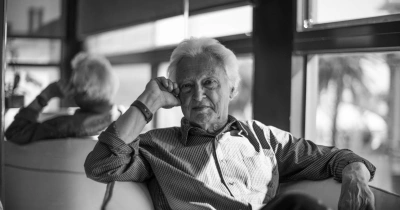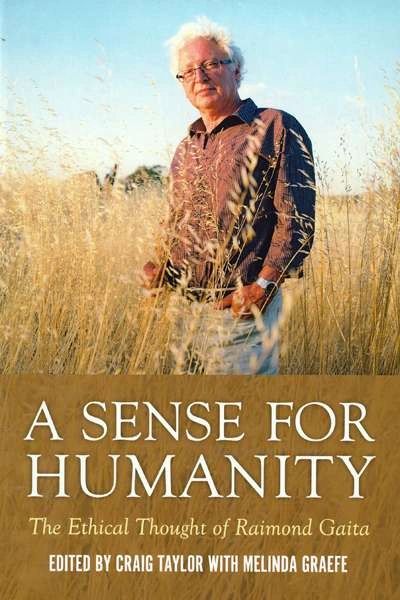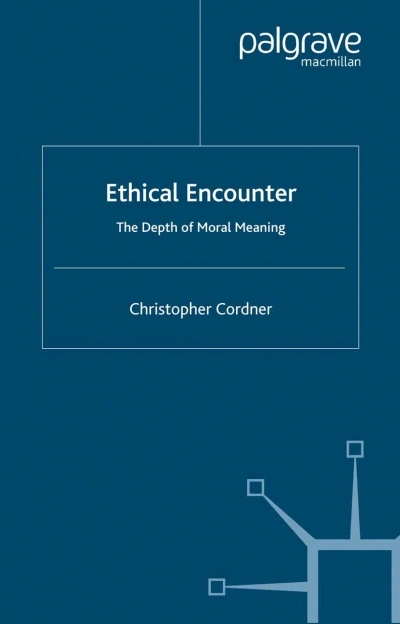Jean Curthoys
Some readers will know me as the author of Romulus My Father (1998). Romulus is not a book of philosophy, but it was obviously written by a philosopher profoundly affected by painful events in his childhood and the influence on him of his father and his father’s dear friend Pantelimon Hora, who helped raise him. Many people who have read the book said that it is obvious why I became a philosopher.
... (read more)A Sense for Humanity: The ethical thought of Raimond Gaita edited by Craig Taylor with Melinda Graeffe
by Jean Curthoys •
Ethical Encounter: The Depth of Moral Meaning by Christopher Cordner
by Jean Curthoys •







